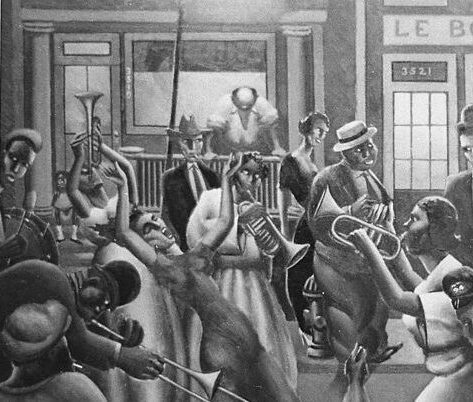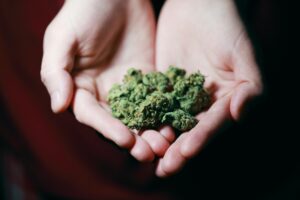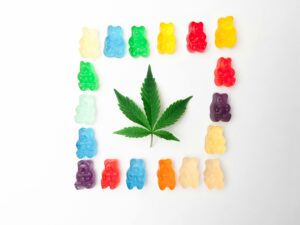When people think of Cannabis and music, reggae and rap are likely the first genres that come to mind. Bob Marley, Culture, and Snoop Dogg are just a few of the artists who have been linked to cannabis culture over the years. However, marijuana has a significant yet frequently overlooked role in the history and development of jazz music.
Where Did It All Begin?
Jazz music has been described as a “call for freedom” due to its roots in the Southern United States. Historically, jazz artists used the music as an outlet for the racial discrimination they were subjected to, especially in states such as Mississippi and Louisiana. It was the diversity of New Orleans, including people of African, French, Caribbean, Italian, German, Mexican, and Native American descent, that allowed this creative new genre to develop.
Jazz and Cannabis, an Unexpected Pair
In the early years, jazz was made for dancing, creating an underground culture rooted in freedom of expression. Its tremendous rhythmic variations and melodies allowed for creativity and expression through movement. It was not until later that it would become a genre to sit back and relax to. The most popular place at the time to get out and dance jazz was known as a tea pad— a place also known for selling marijuana. In these underground bars, one could find a joint for less than 25 U.S. cents. By 1930, it is believed that over 500 tea pads were running in New York City alone. The parallel between tea pads and cannabis became a key part of the jazz subculture.
Cannabis as a Legal Alternative
The prohibition of alcohol in the U.S. in the early 20th century led to a surge in the use of alternative substances, with marijuana gaining popularity as a substitute for the banned beverage. From the 1920s until the 1937 Marijuana Tax Act (which criminalized the substance) many American jazz artists found creative refuge in cannabis. Louis Armstrong, amongst many more, is said to have dabbled with cannabis as a way to further his creativity while performing.
Are Tea Pads Making a Comeback?
A 2022 article suggests that tea pads might be the new consumption culture in the California area. These modern interpretations of traditional hangouts are reimagined to accommodate the growing acceptance and legalization of marijuana. While they have not taken off quite yet, these spaces are an appealing option for those who opt out of the traditional bar-hopping scene.
Conclusion
The unexpected connection between jazz and cannabis reveals an unexpected intersection of cultural and historical elements in the United States in the early 20th century. While Bob Marley’s reggae is most often associated with marijuana, delving into the roots of jazz uncovers a surprising relationship that emerged from the diverse tapestry of New Orleans. Initially a call for freedom in the face of racial discrimination, jazz found an early home in the vibrant mix of cultures in the Southern United States. Thanks to the prohibition era and places such as tea pads, cannabis took a subculture swing within the jazz movement.
© Kanab Inc. – Kanab Inc. is a Toronto based cannabis retail company that honors the historical significance and uses of the cannabis plant across cultures and civilizations. Kanab has now opened its first cannabis dispensary at the intersection of Don Mills Road and York Mills Road in North York region of Toronto, Ontario (South of 401, West of 404 / Don Valley Parkway, and East of Leslie). For more info, please visit: kanab.ca









